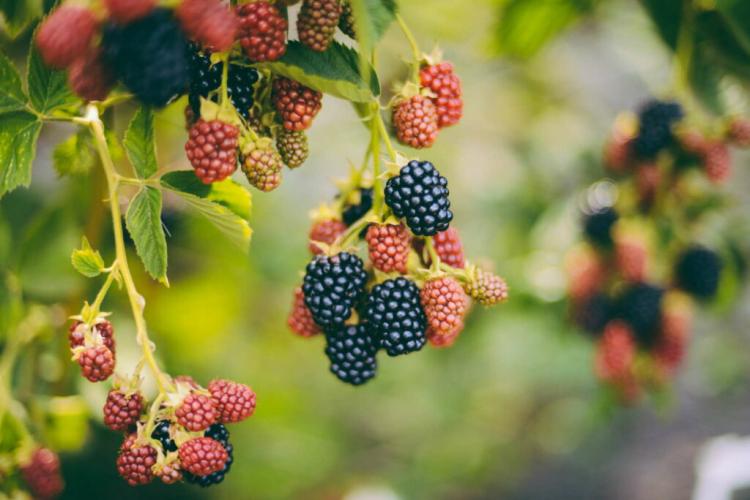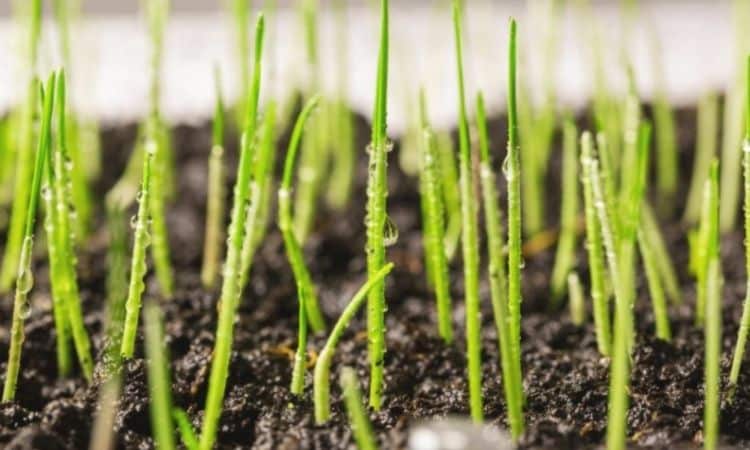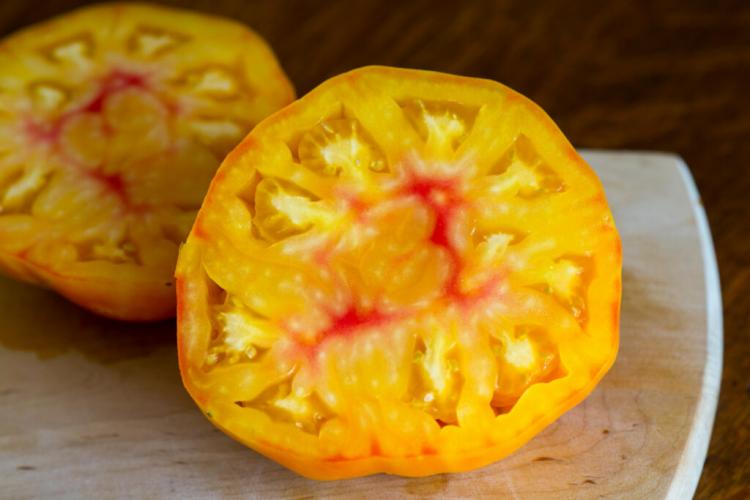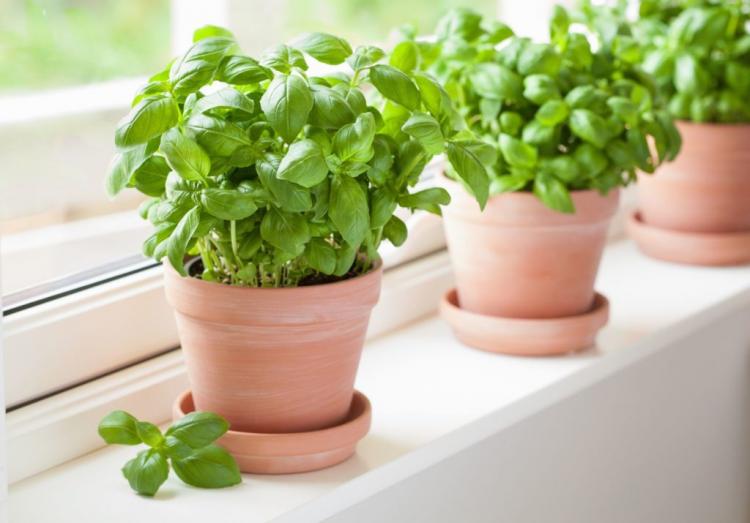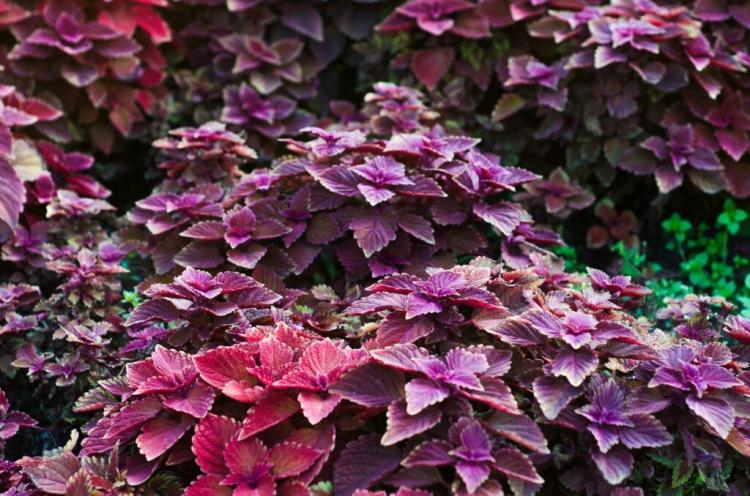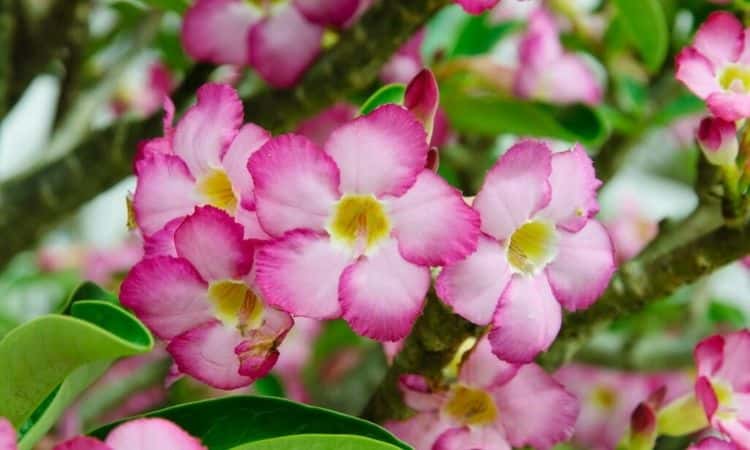Fertilizing Blackberries: Instructions And Expert Tips
With blackberries, too, the right fertilization makes a significant contribution to the outcome of the harvest. We have tips on how to properly fertilize your blackberries.
The blackberry ( Rubus fruticosus ) grows in its natural environment on heavy, nutrient-rich soils. In the home gardens, it is especially popular for its sweet fruits, which can be harvested from June to September. But only a well-nourished blackberry bush will reward you with a rich harvest. For this, the blackberry has to absorb enough nutrients and water from the soil through its roots.
Regular fertilizers are important for all berry bushes so that the plants grow vigorously and produce a lot of fruit. In this article, we explain when, how, and with what best to fertilize your blackberries.
When is the best time to fertilize blackberries?
Table of Contents
When planting a blackberry bush, you should work some potting soil, compost, or rotted manure into the excavation hole. In addition, organic fertilizer granules can be worked into the topsoil layers. In this way, the young roots are supplied with sufficient nutrients right from the start and they can develop well. In the following years, the blackberry should be fertilized with a nutrient mixture suitable for berry bushes in early spring (March) if the weather permits. It is best to use organic slow-release fertilizers. This is particularly gentle on the environment, as it only gradually releases the nutrients it contains to the plant. This means that there is less risk of leaching.
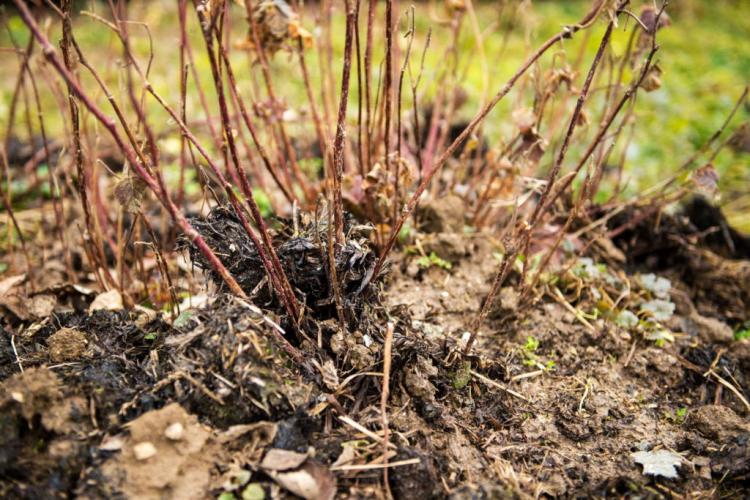
Summary: When to fertilize blackberries?
- Upgrade poor soils with potting soil, compost, or manure
- Work some granular fertilizer into the soil when planting
- Annual basic fertilization in early spring (March)
Which fertilizer to use for blackberries?
Blackberries have a very high nutritional requirement, which is also related to the high annual growth rate of the plant. If you choose a fertilizer that is tailored to the needs of the blackberry, it will thank you with a rich harvest.
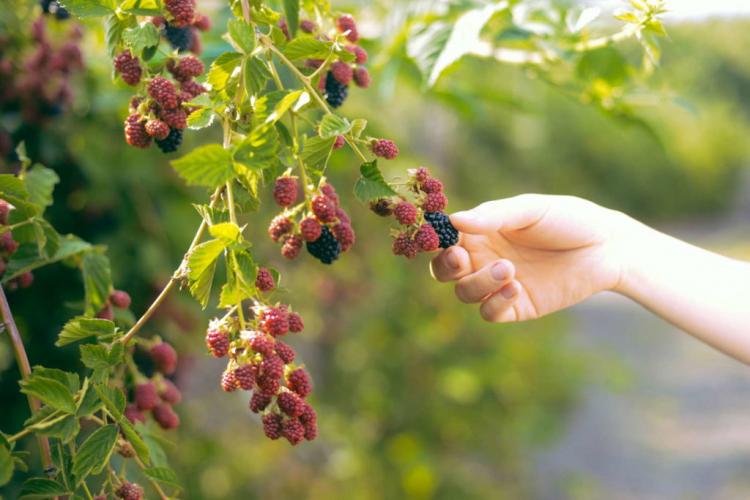
Organic fertilizers are ideal for supplying your blackberry with nutrients. You can use garden compost or rotted manure to upgrade poor garden soil. You can also cover the ground around the blackberry plant with a layer of mulch made from lawn clippings. This decomposes over time and releases nutrients to the plant. If you don’t have natural fertilizers at hand, you can also use long-term organic fertilizers.
There are many benefits to using organic fertilizers. The nutrients it contains are only gradually released. This means that there is only a low risk of over-fertilization and leaching of nutrients into the groundwater. Organic materials also promote soil life and improve the soil structure. In addition, organic fertilizers are particularly gentle on humans as well as pets and garden animals, as they do not use chemicals.
Our Gardender organic universal fertilizer consists mainly of organic, plant-based raw materials. Due to its composition, it is ideal for supplying your blackberries with nutrients. A high proportion of nitrogen promotes plant growth and leaf formation in spring. Sufficient phosphorus and potassium also optimally support the blackberry plant in flower and fruit formation.
Summary: what fertilizers to use for blackberries?
- Garden compost, rotted manure
- Mulch layer from lawn clippings
- Organic long-term fertilizers in organic quality
Fertilize blackberries properly: Instructions for ideal application
How the fertilizer for the blackberries is applied depends on the selected fertilizer and the weather conditions. Many organic long-term fertilizers are offered in granulate form, which makes application and dosage much easier. So that you provide your blackberry with the right amount of nutrients, we have prepared detailed fertilization instructions for you below.
Long-term organic fertilization: Instructions and dosage quantities for blackberries
- Before planting: work 80 – 160 g / m² (6 to 13 heaped tablespoons) of our Gardender organic universal fertilizer into the topsoil layers.
- Water the freshly inserted shrub well so that the granules can loosen.
- Every spring (March) fertilize 60-120 g per plant (5 to 10 tablespoons).
- Smaller doses of fertilizer for blossoming and fruiting give your blackberries even more optimal support.
Provide blackberries with mineral fertilizers
Blue grain, liquid fertilizers, and the like are still popular fertilizers, which are also used for soft fruit. However, the high nutrient content of mineral fertilizers and their rapid release can quickly lead to over-fertilization of the plants if used improperly. Excess nutrients can be washed out into deeper soil layers and lead to increased nitrate values in the groundwater there. In comparison, organic fertilizers are slowly broken down by the microorganisms in the soil and only gradually release the nutrients for the plant.
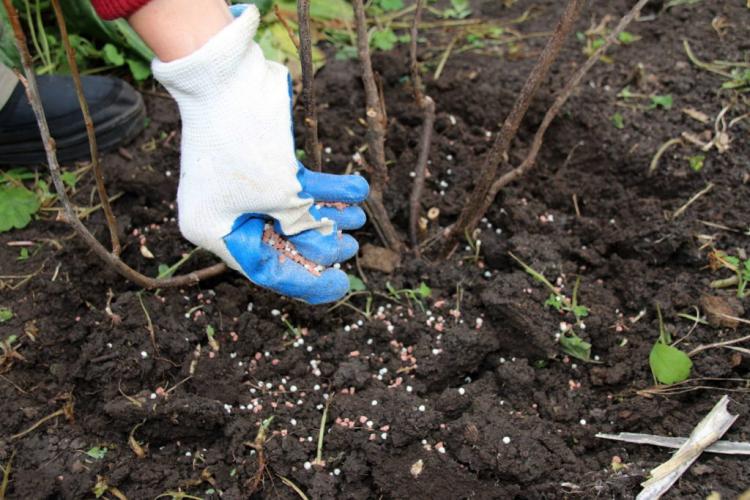
You might so like:
